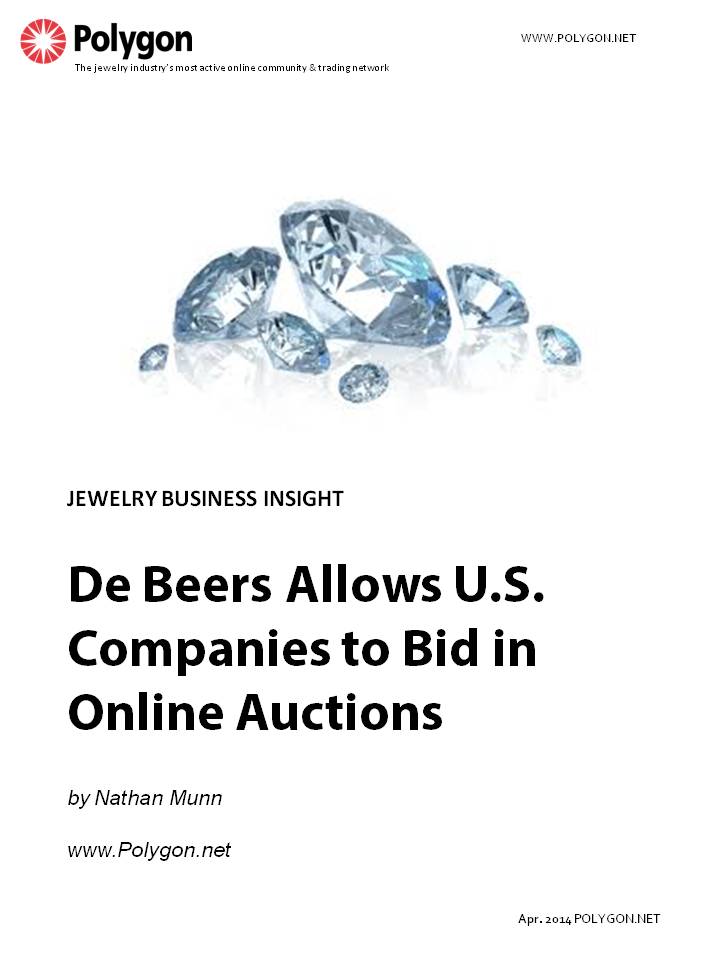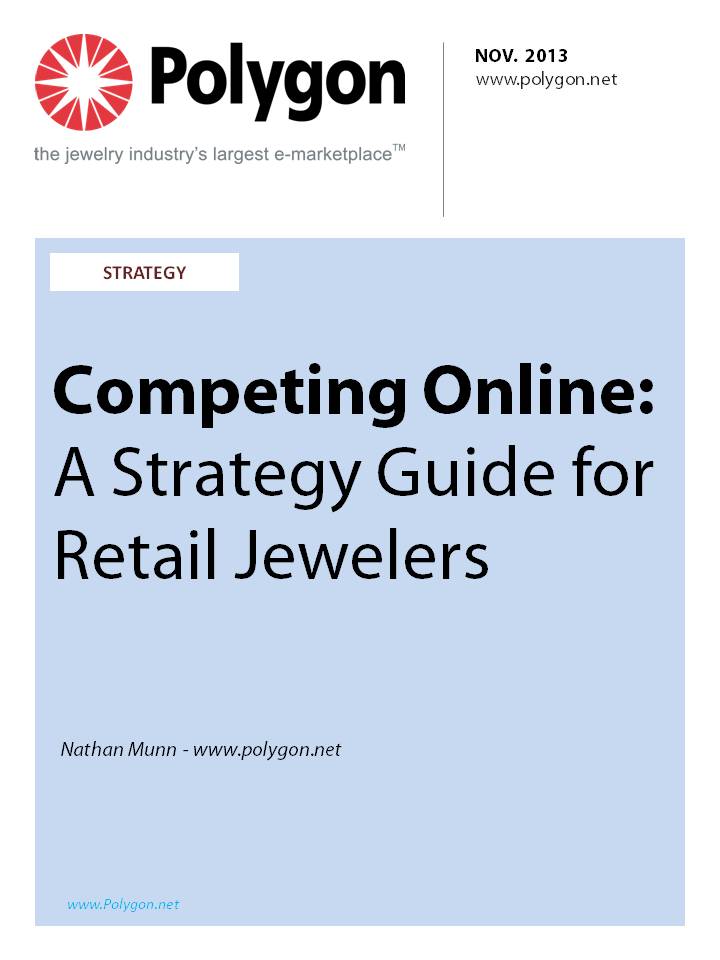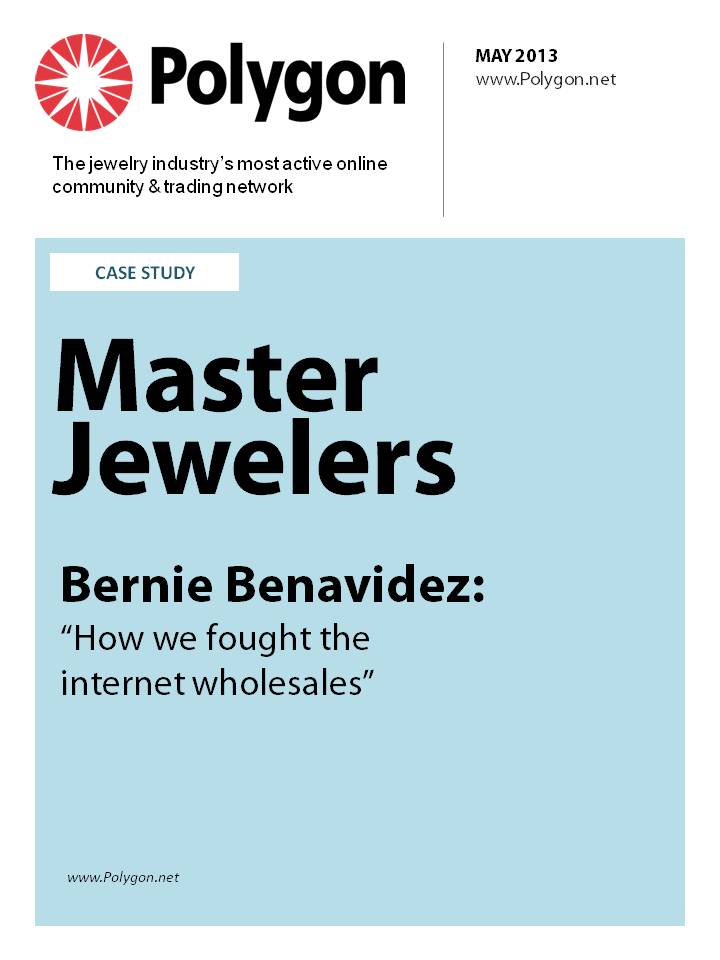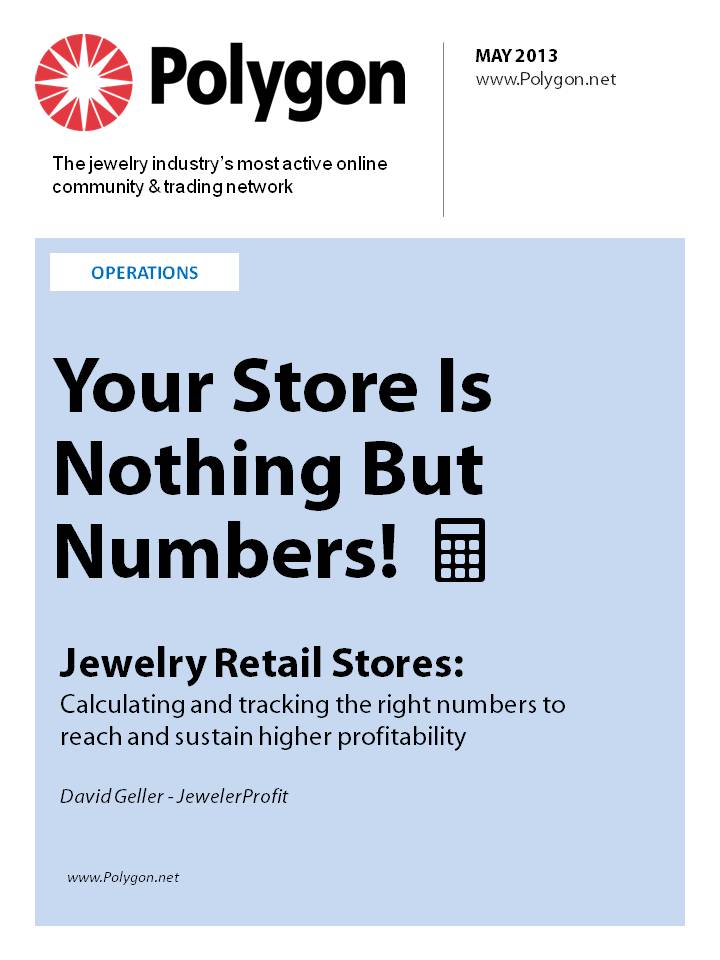De Beers Allows U.S. Companies to Bid in Online Auctions

Global diamond conglomerate De Beers, banned from doing business in the United States since 1948, allowed American companies to participate in their online diamond auction for the first time on April 28th, 2014.
De Beers online diamond auctions have increased in popularity in recent years, with auction sales accounting for about 10 percent of the company’s total output. In a demonstration of the increasing respectability of the auction, winners at the events are now regularly considered for ‘sightholder’ status, referring to companies that are listed on the Diamond Trading Company’s prestigious list of authorized bulk purchasers of rough diamonds. The Diamond Trading Company is controlled by the De Beers Group.
The policy change to allow American companies to bid at the auctions formalizes the return of De Beers to the U.S. diamond market, after the industry giant agreed in 2012 to pay $295 million to settle multiple class-action lawsuits brought by plaintiffs against the company between 2001 and 2008.
“De Beers has been banned from doing business in the United States for the last 70 years. Tonight, we are back,” said De Beers CEO Philippe Mellier at a meeting held by the Diamond Manufacturers and Importers Association on January 8, 2013, in New York City. During the meeting, Mellier hinted at what De Beers’ business strategy would look like in coming years, stating that the company intended to become a “consumer-driven mining company.” (De Beers operates mines in Botswana, South Africa, Canada, and Namibia.) Mellier also explained that De Beers would focus on becoming a “normal luxury industry”, stating “We want to be much more aware of what is happening downstream”.
According to the research paper “De Beers SA: A Diamond is Forever”, published by New York University’s Stern School of Business in 2004, the company was banned from doing business in America due to their incorporation of a diamond producers co-operative in 1930, an organization that came to be known as the Central Selling Organization, later renamed the Diamond Trading Company. The structure of the organization led to De Beers “effectively becoming the advertising client for the whole industry”. It was this situation that eventually led to an ‘anti-trust’ injunction against De Beers, preventing them from legally operating in the U.S. until the company paid a $10 million fine in 2004 for price fixing. Once this situation was resolved, the more recent class action lawsuits against the company could be addressed.
Allegations and Settlement
The claims filed against De Beers during the 2000’s alleged that the company had unlawfully monopolized the world’s diamond supplies and conspired to control diamond prices. As part of the settlement agreed to by De Beers, the company – often referred to in media reports and court documents as a cartel – did not admit guilt. However, De Beers did consent to abide by an injunction that explicitly prohibits the company from monopolizing the world’s supply of rough diamonds, and from fixing the price of polished diamonds.
After De Beers settled all claims as part of the $295 million agreement reached with plaintiffs in May 2012, South Africa-based Anglo American PLC spent $5.2 billion to increase their ownership stake in De Beers from 40 to 85 percent, with the government of Botswana retaining a 15 percent stake in the company. By January of 2013, with the Anglo American deal complete, De Beers executives announced the company’s imminent return to the United States.
With American companies now able to participate in De Beers popular online auctions, the company is poised to become a significant player in the lucrative U.S. diamond market.Nathan Munn | Polygon.net






